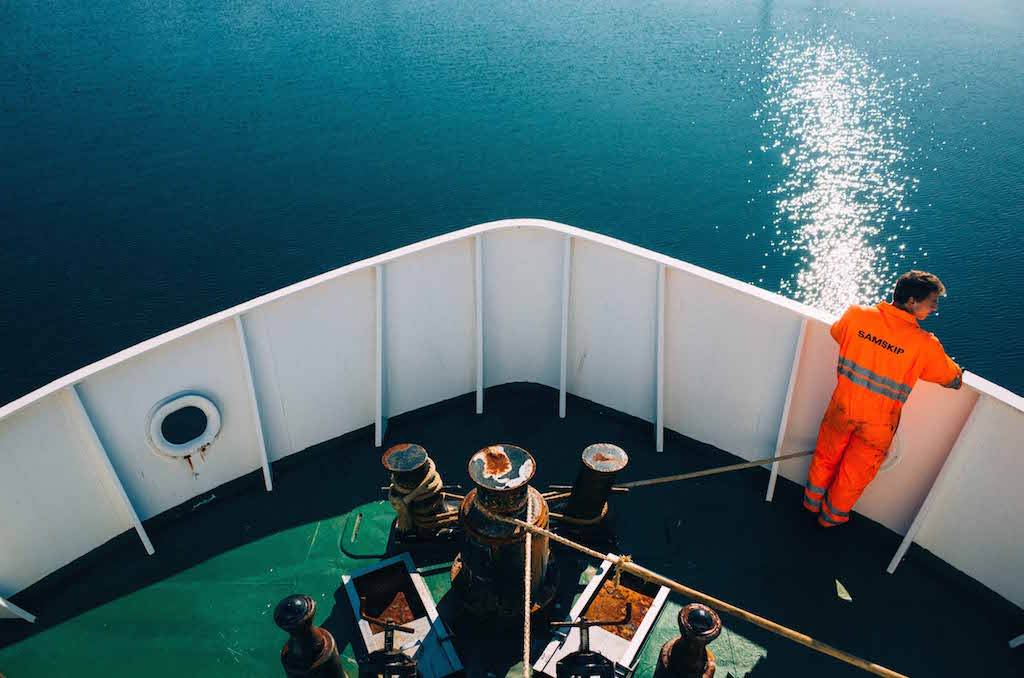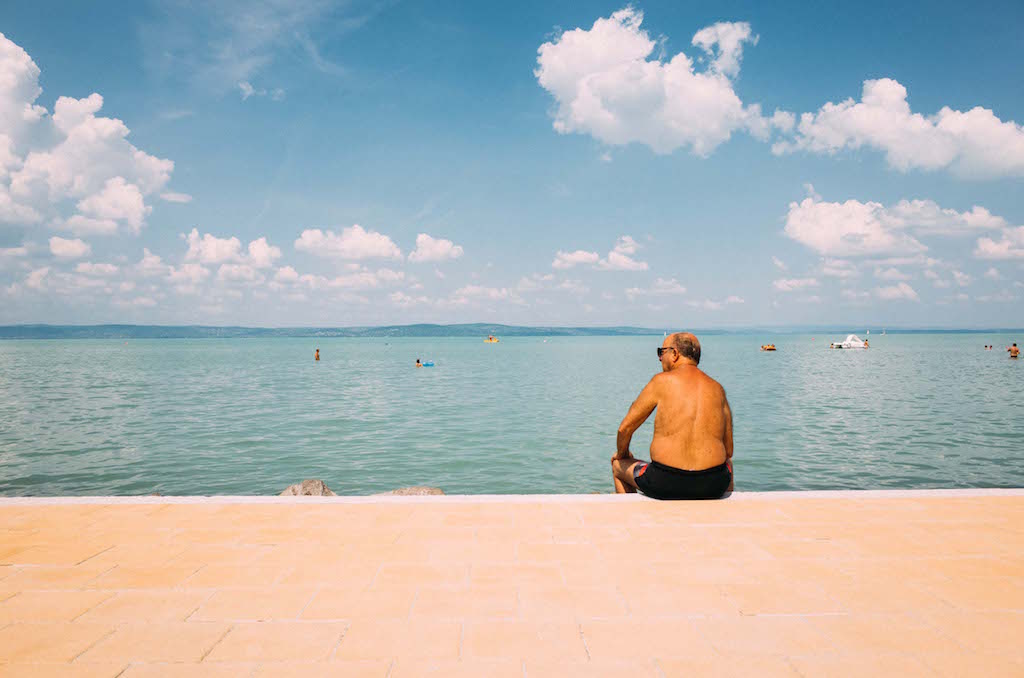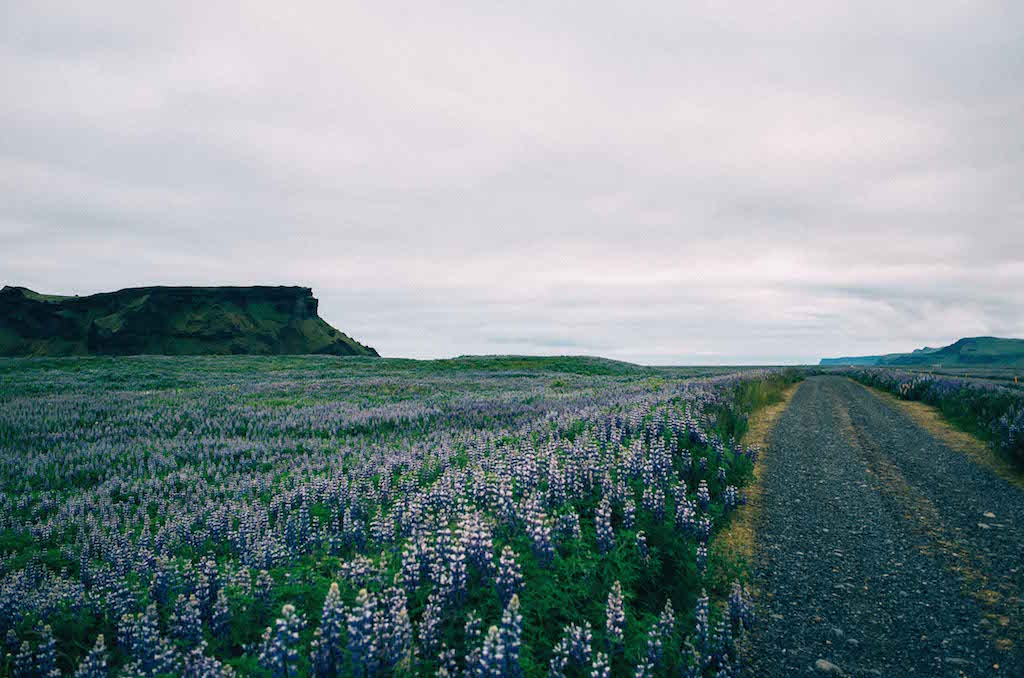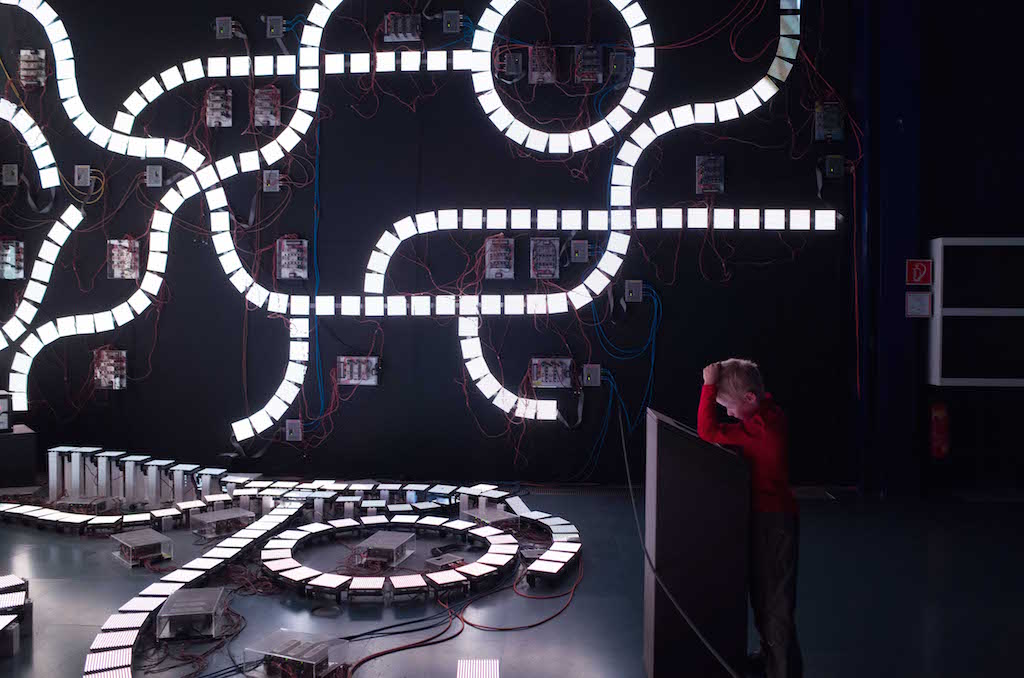A few years back I happen to be working Holland around the same time as D.C. photographer Katie Fielding was passing through, so we met up and I interviewed her for InstantDC. A self-described turophile, Fielding spends her work days as a teacher in Virginia. The rest of her time is spent traveling and taking photographs, both around the U.S. and overseas. I sat down with Fielding again, this time at a local coffee shop in D.C. to hear about her recent travels, her thoughts on Instagram, and the value of a photograph in a sea of images.
Exposed: Where were you this summer?
Fielding: I went to Iceland for two weeks, then to Austria, Slovakia and Hungary. The trip lasted a month in total.
When you put that viewfinder to your eye, what draws you in for a composition?
You know I don’t think I can really explain that. I grew up a military brat. I spent many hours as a kid moving place to place. And that meant being in a car. I would fill that time looking out the window. And I would see things that I thought were pretty. I wouldn’t take pictures of them at the time — but just commit them to memory. I think that’s just what I do with photos, when I see that composition that just looks right to me, I capture that.
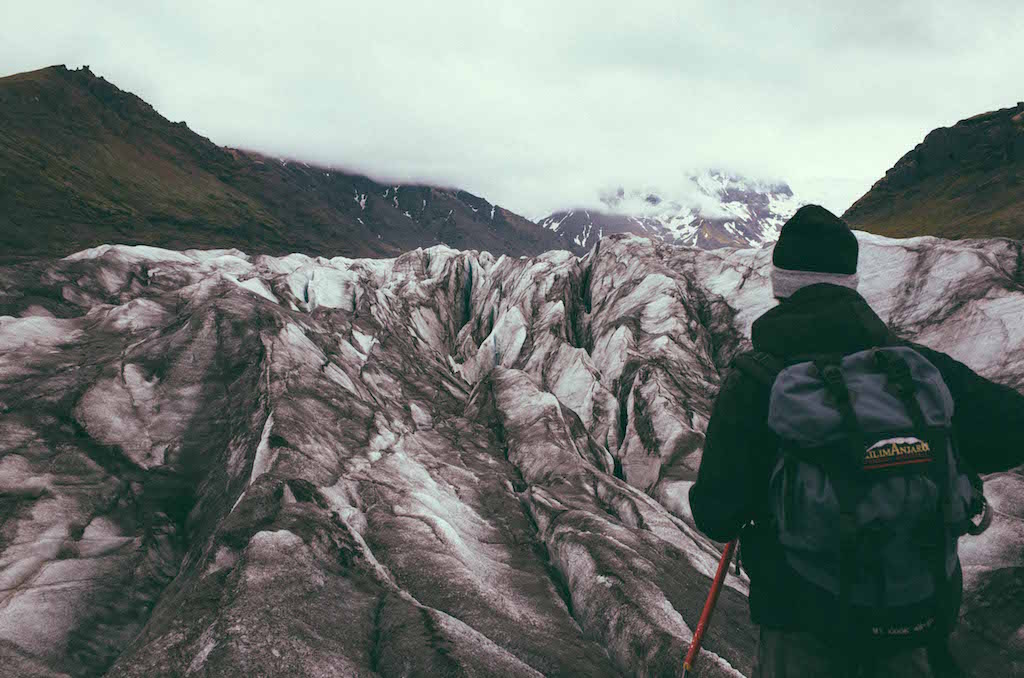
You’ve been to Iceland before — did you see things differently this time?
One of the two weeks I was basically inside the whole time because of constant rain, which was horrible. I think I was shooting differently because I was shooting with digital. And, in some ways, being less selective, I captured a lot more of the things I saw. But I don’t know for me if that is necessarily good. I think the digital camera makes me be less in the moment then using a film camera because I’m taking a lot more photos.
What do you mean “not in the moment”?
I think with what I was trying to do this summer — blogging more about my trip — I was trying to document it and not experience it without the camera. I was used to working with film, being very selective about what I would shoot. Now, I’m just snap happy. I’m like, “oh yeah, I can take five shots of this exact same thing.” Not productive. And then I end up not liking any of them. Digital is too instant for me. So I am trying to ween myself off of that.
So buying a digital camera, that has changed the way you shoot?
It’s changed the way I shoot a lot. It’s made me a little bit lazy. And not for the better. I’ve had some photos that I’ve liked. I’ve been trying to do more travel blogging, to be a little more quick about things. And I don’t think that’s good for me. Then I also feel I’ve been slightly influenced by Instagram. I feel like there’s this very specific Instagram aesthetic.
How would you describe it?
White light, white walls, things against white walls. The things that are hashtagged like #peoplewalkinginfrontofbuildings or #greatvistas, or whatever it might be. I don’t always do that, but when I am looking at my own photos I think the influence of that aesthetic is somewhere in there. As well as how I look at my photos.
And not for the better?
No, because then it’s not me. It becomes, Instagram. Or it becomes this whole community rather than an independent affair.
With the massive amount of digital content that’s out there, what does that say with regard to how people are interacting with that content?
First of all, I’m not a Luddite. I still love Instagram and engaging people that way. But I think a lot more people are speaking with images. Before digital photography, it was more exclusive. We would have a film camera, would speak with film, or the drawings we would make. But now, everyone carries a way to capture something visually and speak with it. Even if I’m just text messaging someone, how many times in my texts do I send a photo to convey the message rather than the words? I think everyone does that now — speak visually. I don’t think it’s bad.
Who are some photographers you like?
I LOVE Jung Lee’s neon installations and photos of them amongst landscapes; Austin Totts “Tiny Tattoos” in parallel landscapes is whimsical and fun; Max Wanger is a perpetual favorite for lifestyle/portrait photography, and Olaf Eliasson‘s landscapes, like his glacier series and horizon series, capture spaces like I could only hope to glimpse at.
Final thoughts?
I just want to get back to where I feel like I left off before I bought this damn digital camera.
You can see more of Katie’s travel writing and photography on her website.
